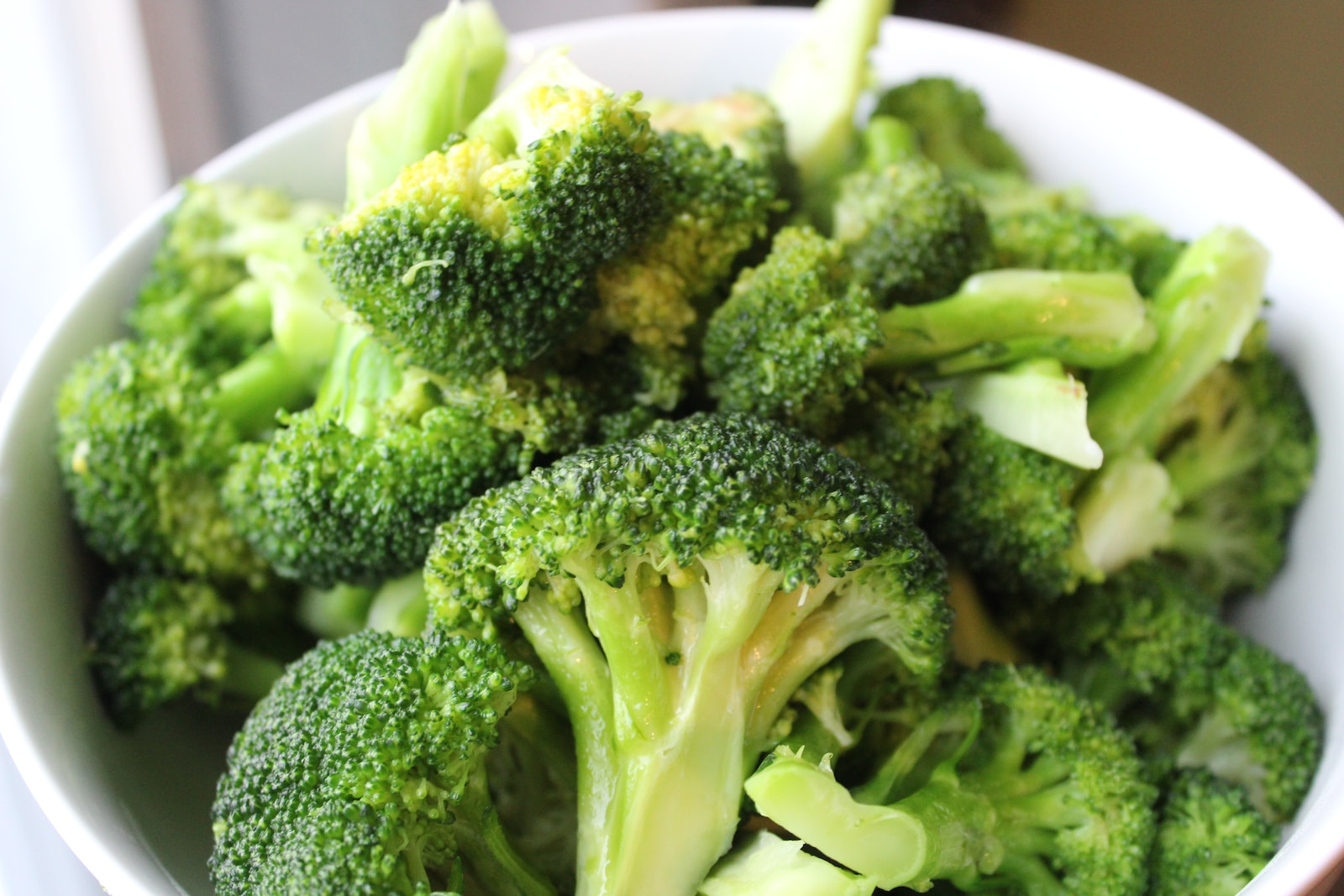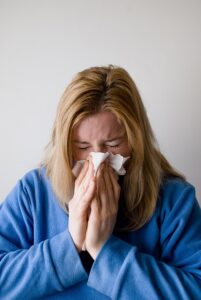You’ve undoubtedly been bloated if you’ve ever felt tight and full in the middle. Bloating is a typical condition that can be brought on by a number of things, including constipation, swallowing air, overeating, and weight increase.1
Additionally, certain conditions, such as:1, might agitate your digestive system even more and result in bloating.
Disease of the stomach and esophagus (GERD)
IBS, or irritable bowel syndrome
Celiac illness
bacterial proliferation in the small intestine
Breast cancer
lactose or gluten intolerance
Additionally, some foods may make you bloated. It may be time to take a closer look at the types of things you are eating if you consistently feel uncomfortable bloated after meals. The greatest and worst foods for bloating are listed below.
The cruciferous vegetables kale, broccoli, and cabbage contain raffinose, a sugar that causes gas and bloating.2 But over time, eating them more frequently might be beneficial.
The digestive tract becomes stronger, healthier, and less prone to bloating when nutrient-rich, high-fiber foods are consumed regularly, according to Cynthia Sass, RD, contributing nutrition editor for Health. so that you can continue to eat green vegetables.
Try steaming the vegetables to aid in digestion: “Cooking any vegetable softens the fiber and shrinks the portion as some of the water cooks out, so it takes up less space in the GI [gastrointestinal] tract,” said Sass.
Although it won’t completely get rid of or avoid bloating, it might make your vegetables simpler to digest.
Beans are a type of legume, along with lentils, beans, and peas.










